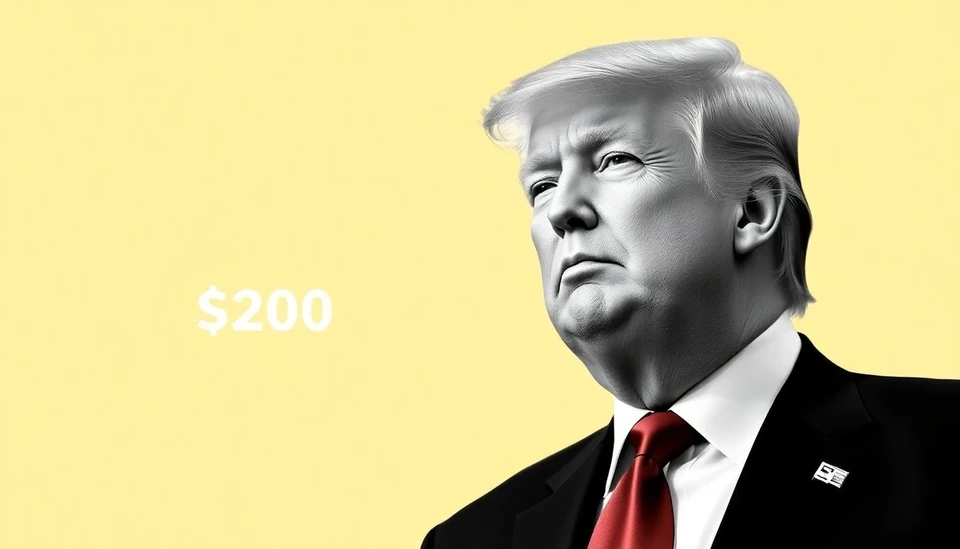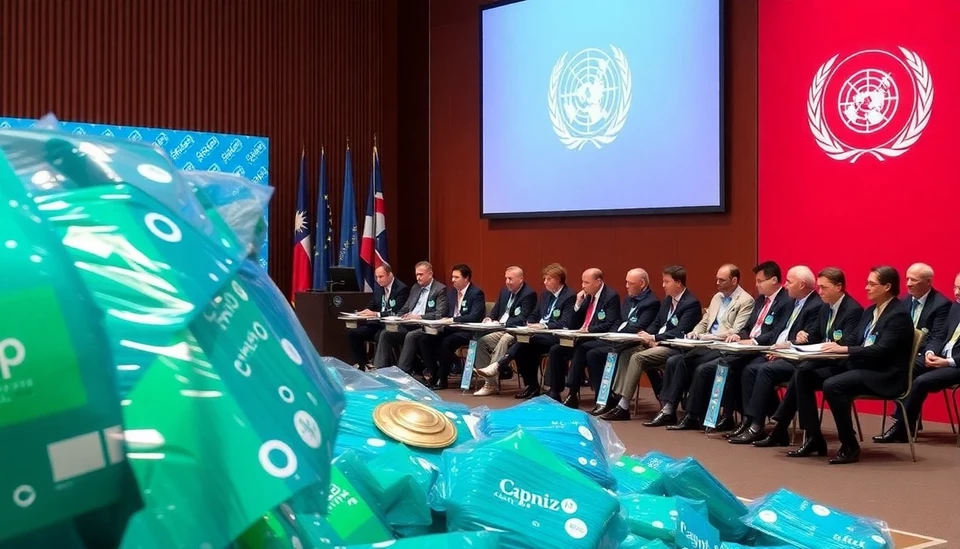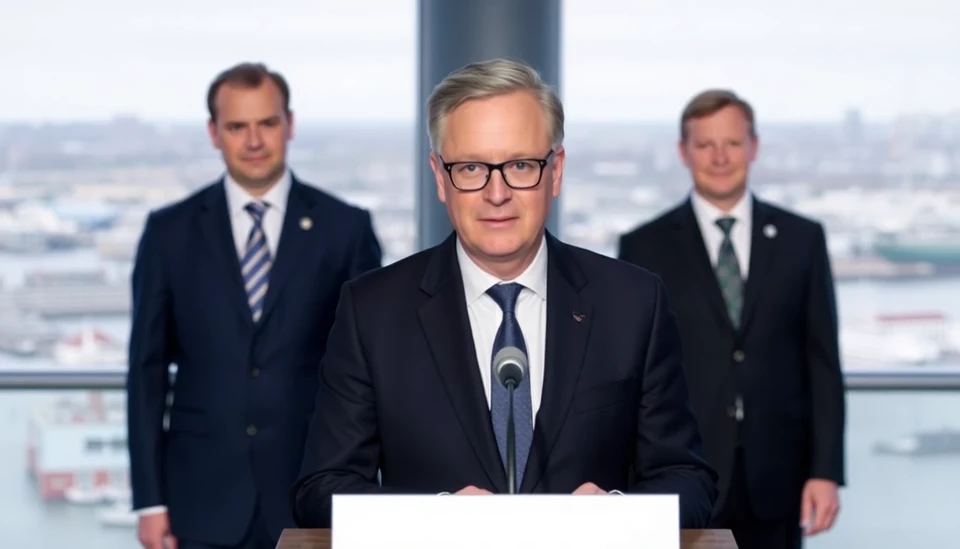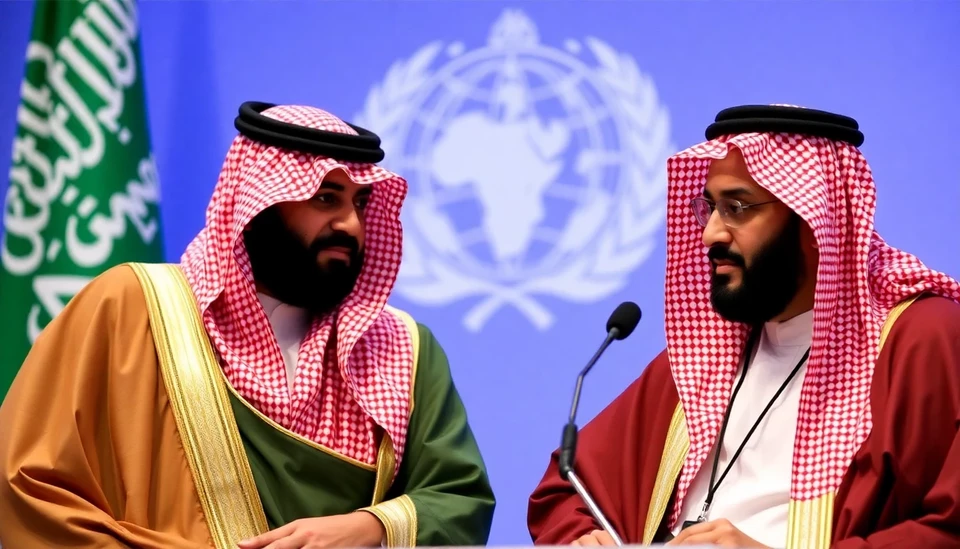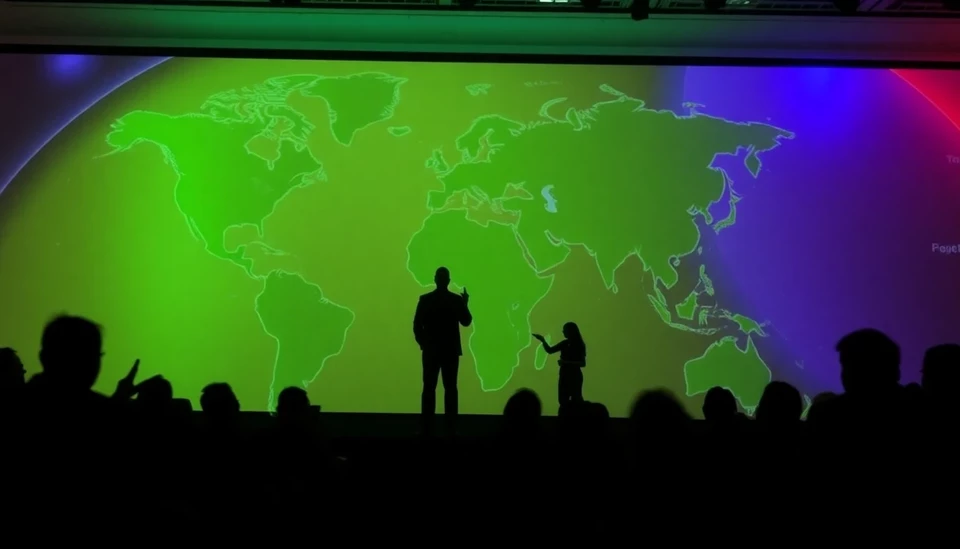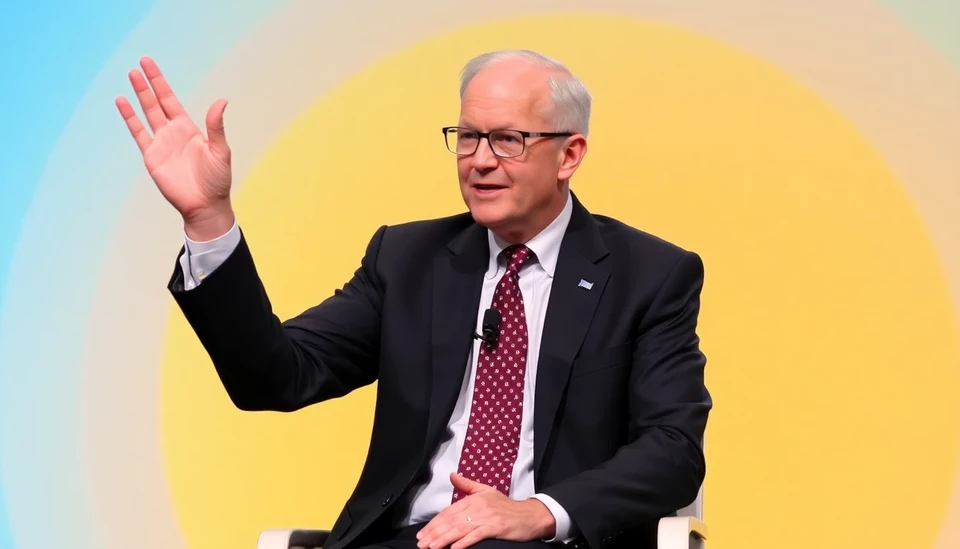
During the 29th annual United Nations Climate Change Conference, commonly referred to as COP29, significant discourse took place regarding the oil and gas sector's role in addressing climate change, with ExxonMobil's CEO, Darren Woods, at the forefront of these discussions. The conference gathered global leaders, activists, and industry experts, aiming to foster collaboration in combatting the pressing issues related to climate change.
Woods articulated Exxon's evolving stance on climate initiatives, noting that the energy conglomerate is navigating a critical transition in the energy landscape. In his address, he emphasized the need for a multifaceted approach that balances the rising global energy demands with environmental sustainability, underlining that ExxonMobil is committed to reducing greenhouse gas emissions while continuing to supply energy.
The CEO pointed out the necessity of integrating innovative technologies within the industry, stating that advancements in carbon capture and storage (CCS) are instrumental in reducing emissions from fossil fuel operations. He further elaborated on Exxon's investments in renewable energy sources, expressing a commitment to actively participate in the energy transition while still meeting current energy needs.
Woods faced scrutiny from several environmental advocates present at the conference, who questioned Exxon's historical role in contributing to climate change and criticized the pace of its transition toward greener energy solutions. In response, Woods acknowledged the challenges but maintained that the company is on a path to becoming a significant player in the clean energy market. He insisted that cooperation among governments, consumers, and industries is key to achieving sustainable energy solutions.
Moreover, Woods highlighted the importance of carbon markets and regulatory frameworks that provide clear signals for investments in low-carbon technologies. He argued that effective policy measures are essential to enabling corporations like ExxonMobil to drive substantial changes in the energy sector while simultaneously ensuring energy security worldwide.
As COP29 progresses, the narrative surrounding corporate responsibility and climate action continues to evolve. Woods' statements reflect a balancing act between the immediate energy needs of diverse populations and the urgent need for reform within the fossil fuel industry. The dialogue emphasizes the intersection of corporate practices, environmental stewardship, and the imperative for a collective response to the climate crisis.
Overall, the discussions led by Woods at COP29 have reinvigorated the conversation about the energy sector's commitments to sustainability. His leadership will be pivotal as ExxonMobil navigates through its challenges while replying to the global call for climate action, setting a precedent for future corporate engagement in significant environmental dialogues.
#COP29 #ClimateChange #DarrenWoods #ExxonMobil #Sustainability #EnergyTransition #RenewableEnergy #CarbonCapture
Author: Sophie Bennett
